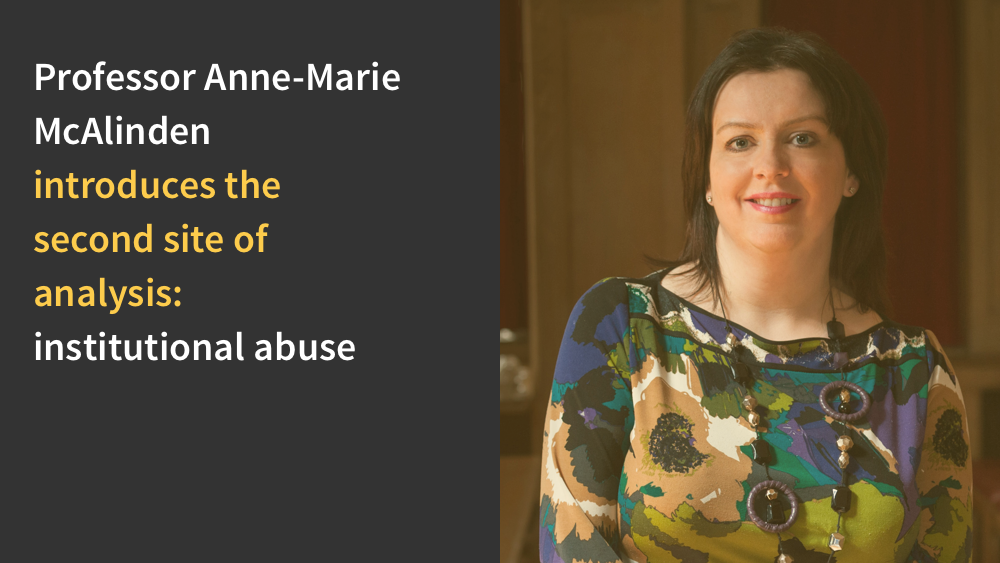In 1995, the failure of the Dublin authorities to extradite ‘paedophile priest’ Brendan Smyth who had offended on both sides of the border led to the collapse of the government in the Republic. This case was instrumental in ‘breaking the silence’ on institutional child abuse within the island of Ireland.
The then Taoiseach, Bertie Ahern, issued the first public political apology to victims of institutional child abuse in May 1999. A series of public inquiry reports highlighted the widespread abuse of children in institutions run by religious orders. The Ryan report concluded that the abuse of children (physical, sexual, emotional and neglect), and the failure of Church and State authorities to adequately respond to the problem, was systemic. In the wake of the McAleese Report, the Taoiseach, Enda Kenny, initially issued a parsimonious and highly formulaic apology, followed some weeks later by a much fuller statement of apology, which was widely praised as a defining moment in his premiership.
In addition to these state-led gestures, the Catholic Church has also been involved in a range of apologies. A number of these illustrate the limitations of legalistic and platitudinal variants of institutional regret. For example, Pope Benedict’s 2010 pastoral letter to the Catholics of Ireland offered a multi-layered ‘apology’ to victims, their families, religious communities and all the ‘faithful’ of Ireland. This ‘apology’ which focused on ‘bad apples’ in the church was heavily criticised as being a ‘half apology.’
With regard to Protestant churches denominations in Ireland, allegations of abuse have emerged in Church of Ireland run institutions (e.g. the Bethany home for unmarried mothers) but as yet without any Church or state acknowledgement of wrongdoing. A public inquiry into historical institutional child abuse is ongoing in Northern Ireland which includes both Protestant and Catholic denominations.
Through engaging with representatives of ‘apologiser’ institutions, victims and their support groups, and other stakeholders, this project will examine the role of apology in relation to institutional abuse.

